Is Hyaluronic Acid Good for Oily Skin?
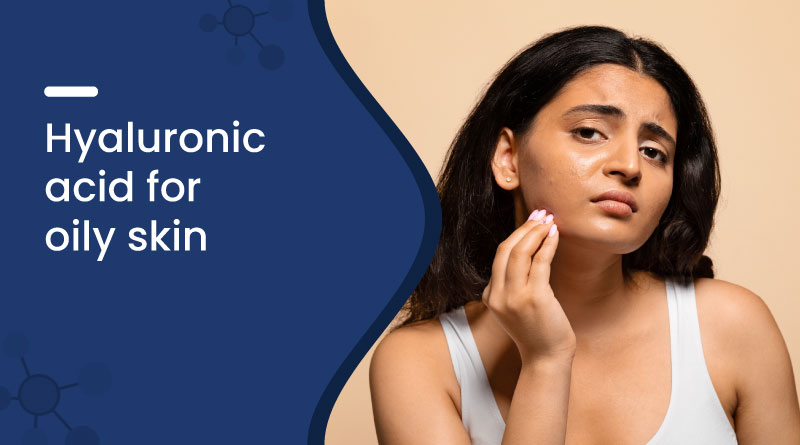

Yes, hyaluronic acid is great for oily skin. Despite its name, it's not harsh—it hydrates deeply and balances oil without clogging pores. This blog explores how hyaluronic acid works for oily skin, its benefits, usage tips, and more.
What is Hyaluronic Acid and How Does It Help Oily Skin?
Hyaluronic acid retains moisture, keeping the skin soft and well-hydrated. For oily skin, this means:
- Hydration without heaviness
- Reduced sebum production (skin produces less oil when it’s properly moisturized)
- Improved skin texture and less visible pores
Why is Hyaluronic Acid Suitable for Oily Skin?
Oily skin often feels greasy on the surface but can still be dehydrated beneath. This imbalance leads to excess oil production. Using hyaluronic acid helps:
- Restore moisture balance
- Provide non-comedogenic hydration
- Soothe inflammation and reduce acne breakouts
Hyaluronic acid helps oily skin by targeting the root cause—dehydration.
Hyaluronic Acid for Oily Skin
| Product Name | Key Ingredients |
|---|---|
| Zeelab 2% Hyaluronic Acid + 3% Vitamin B5 Face Serum | Hyaluronic Acid (2%), Vitamin B5 (3%) |
Can Hyaluronic Acid Make Oily Skin Worse?
No, hyaluronic acid doesn’t make oily skin worse. It’s a lightweight, water-based humectant, meaning it draws moisture into the skin without adding extra oil.
However, it must be applied correctly:
- On damp skin
- Sealed with a light moisturizer
- Used consistently
Improper use can lead to temporary dryness, which may trigger more oil production.
How to Use Hyaluronic Acid for Oily Skin?
Here’s how oily-skinned users should apply hyaluronic acid:
- Cleanse your face with a gentle, oil-free cleanser.
- Apply HA serum on damp skin.
- Seal with a gel-based moisturizer. Use once or twice daily.
- Avoid using it alone in dry environments, as it may pull moisture out of your skin if there’s none in the air.
What Are the Benefits of Hyaluronic Acid for Oily Skin?
- Deep hydration without greasiness
- Tighter pores and smoother skin texture
- Less oil production over time
- Improved acne-prone skin
- Boosts skin elasticity
Hyaluronic acid strengthens your skin barrier, helping it become less reactive and more balanced.
What Precautions Should You Take When Using Hyaluronic Acid?
- Always apply on slightly damp skin
- Seal with a moisturizer
- Use non-comedogenic products with it
- Avoid over-exfoliating when using HA
- Conduct a patch test before full application
These tips ensure you get the maximum benefit without irritation or breakouts.
Frequently Asked Questions
Q. Can I use hyaluronic acid daily on oily skin?
A. Yes, it’s safe to use daily—morning and night—for oily skin.
Q. Will hyaluronic acid clog pores?
A. No, it won't clog pores.
Q. Can I use hyaluronic acid with niacinamide?
A. Yes, they work well together to control oil and hydrate the skin.
Q. Is hyaluronic acid good for oily skin in summer?
A. Yes, it provides lightweight hydration, perfect for hot, humid climates.
Q. Can teens with oily skin use hyaluronic acid?
A. Absolutely. It’s safe and effective for all age groups.
Conclusion
Hyaluronic acid is good for oily skin because it hydrates deeply without making skin greasy. It helps reduce oiliness, minimizes breakouts, and gives your skin a healthy glow. For best results, choose a dermatologically-tested serum like Zeelab's, apply it correctly, and maintain a balanced skincare routine.

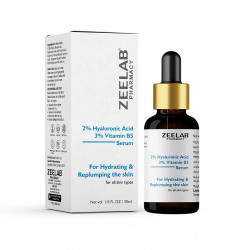
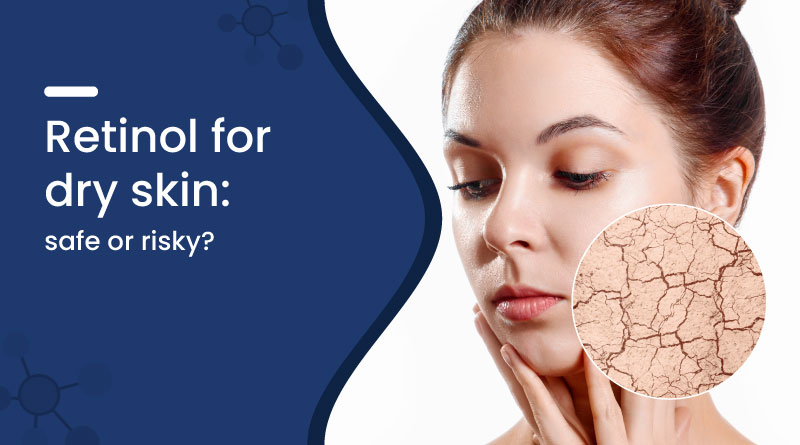
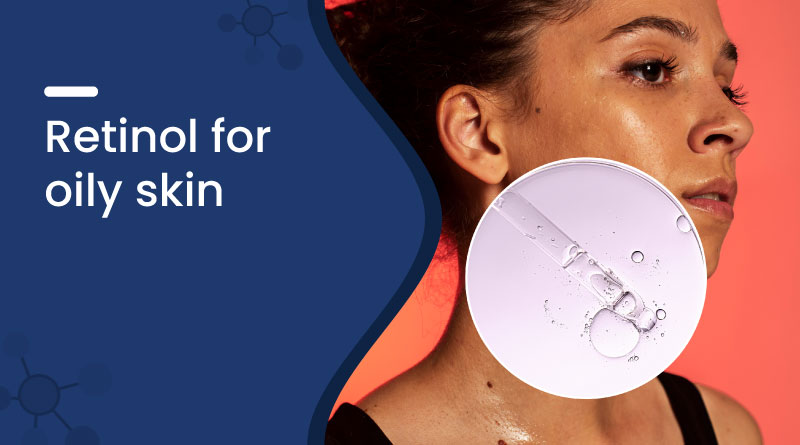
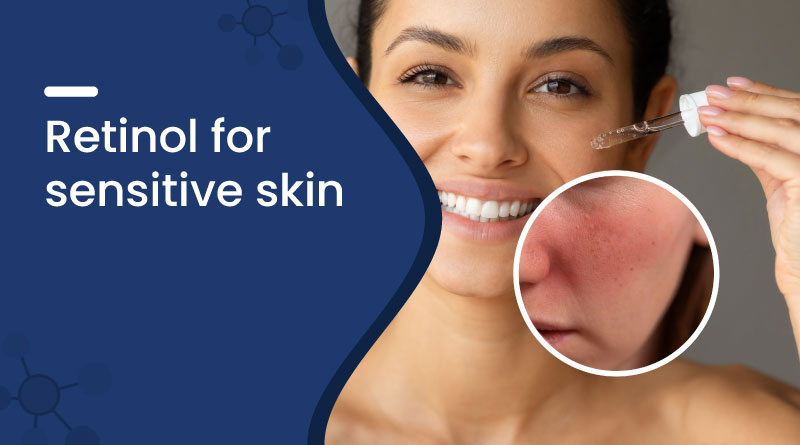
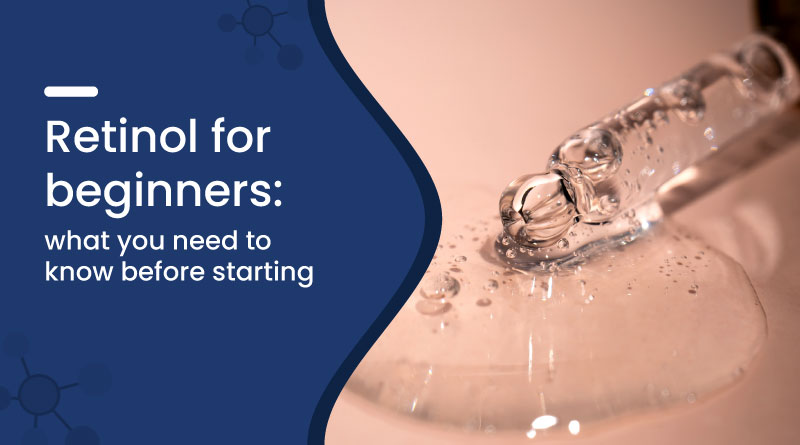
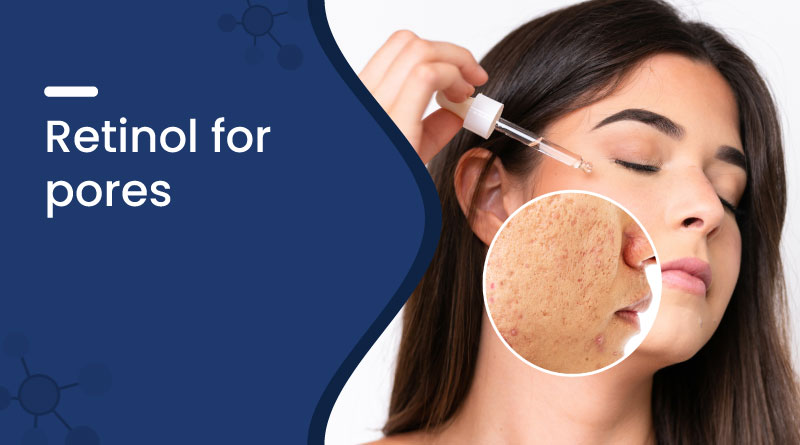
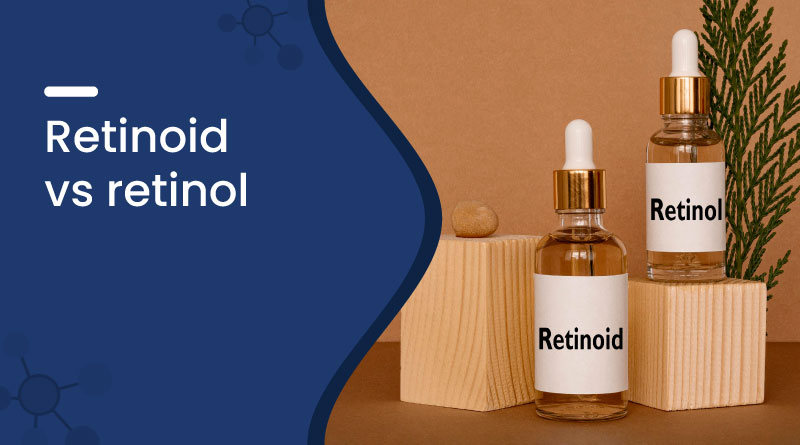

 Added!
Added!